Starbucks made a major announcement. It revealed that Brian Niccol, the current CEO of Chipotle, will take over as its new chief executive officer in a significant leadership transition. This change occurred after growing pressure from Elliott Investment Management, an activist investor.
The investor has been urging Starbucks to enhance its operational performance and boost its stock value, hence the major leadership move. Starbucks’ decision to bring Niccol on board as CEO indicates its commitment to reviving its business strategy and addressing the concerns raised by investors.
Starbucks’ Incoming CEO
After the announcement, Starbucks shares increased by 20 percent during early trading. This surge shows that investors are highly confident in Niccol’s leadership. However, Chipotle’s stock dropped by 9 percent, which shows market concerns about the leadership move.
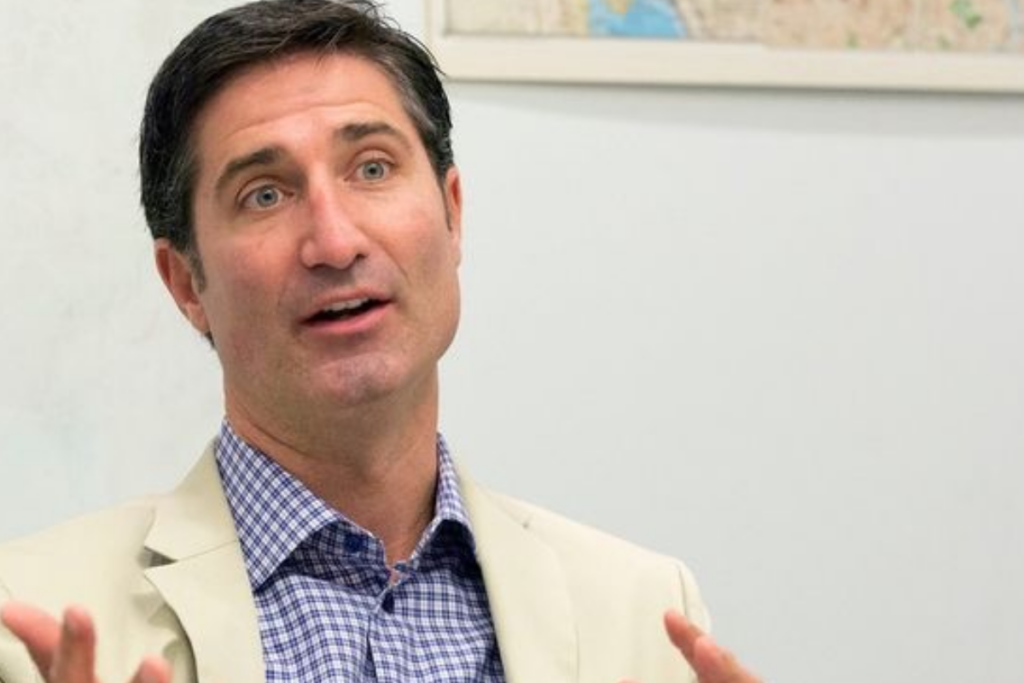
Starbucks’ incoming CEO, Brian Niccol, will assume his new role on September 9th. He will replace Laxman Narasimhan, who will step down just 18 months after taking on the position.
ALSO READ: Couple Narrates Why They Stopped Renting Their House as an Airbnb After 15 Years in the Business
Addressing Concerns and Challenges
Starbucks has been engaged in ongoing negotiations with Elliott Investment Management for several weeks. They are addressing concerns related to the company’s declining sales and operational challenges. Last week, the Wall Street Journal reported that Starboard Value, another activist investor, took a stake in the Seattle-based coffee giant.
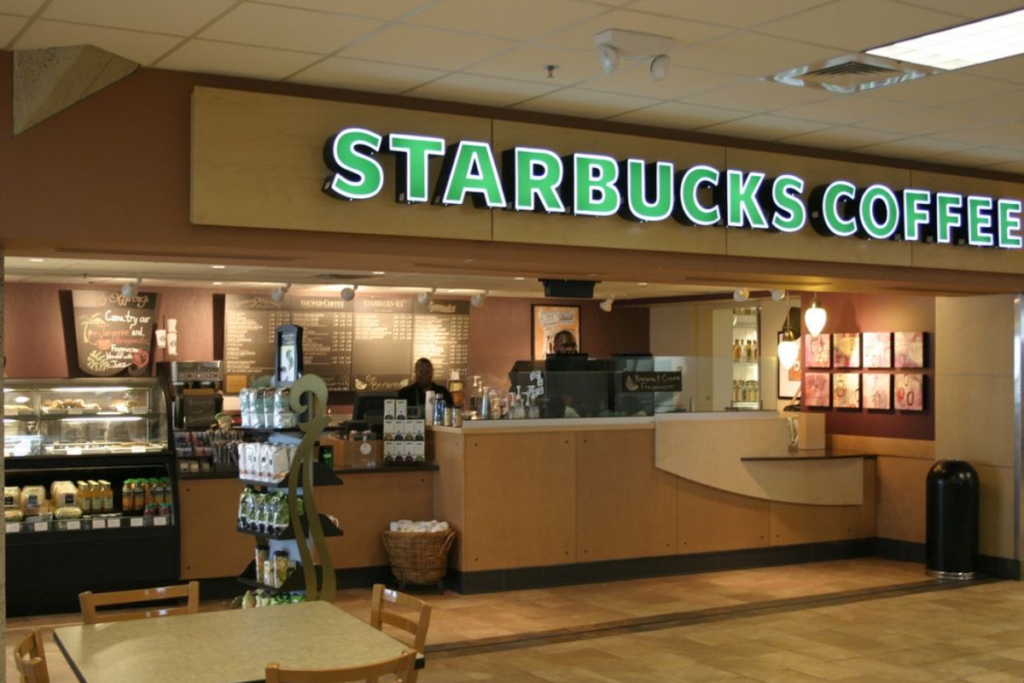
Starbucks’ latest earnings report revealed discouraging results. The report revealed a disappointing 2 percent decline in same-store sales, which shows the company’s struggles to maintain its growth.
Under a New Leadership
In the second quarter, Starbucks’ profit declined by 7.5 percent. The company attributes this decline to the increased wages it had to pay its U.S. employees. Even though Starbucks raised its prices to increase revenue, the higher salaries of its staff effectively canceled out those gains, leading to a drop in overall profit.
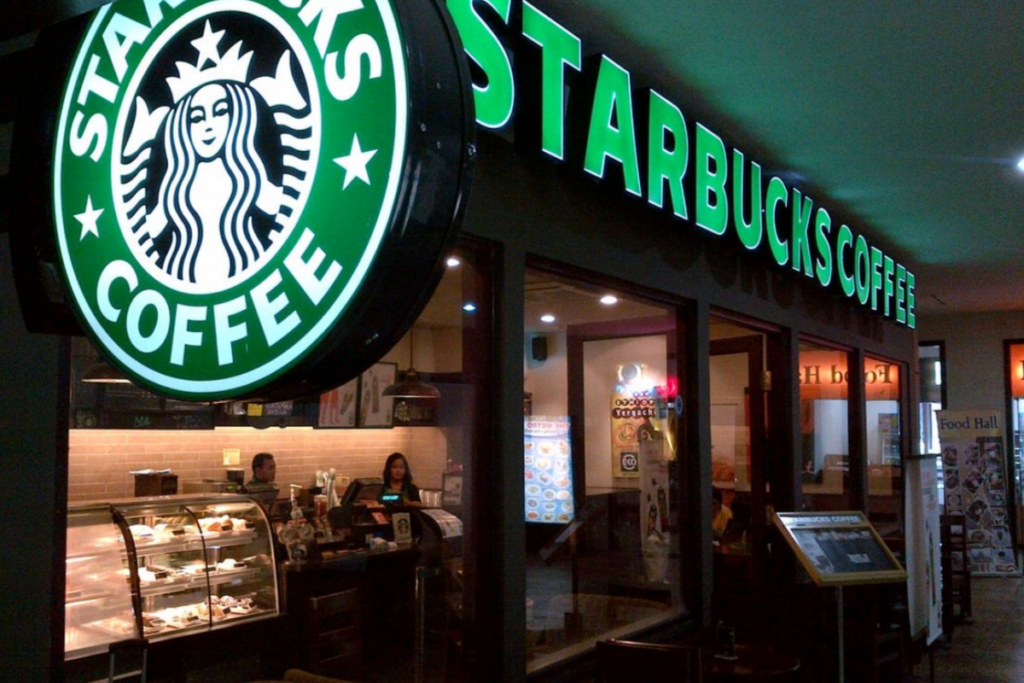
However, under Niccol’s leadership, Chipotle has experienced significant revenue growth throughout the year. In both the first and second quarters, the fast-casual Mexican chain achieved impressive year-over-year revenue increases of 14 percent and 18 percent, respectively. This indicates a solid overall performance despite the challenges posed by higher operational costs.
ALSO READ: Average Credit Card Debt Climbs to $6,329: ‘People Are Stretched,’ Expert Warns
Why Is Starbucks’ Sales Declining?
Starbucks’ sales are declining for several reasons. Inflation has increased the price of some goods and services, so many people are spending less during this challenging economic period.
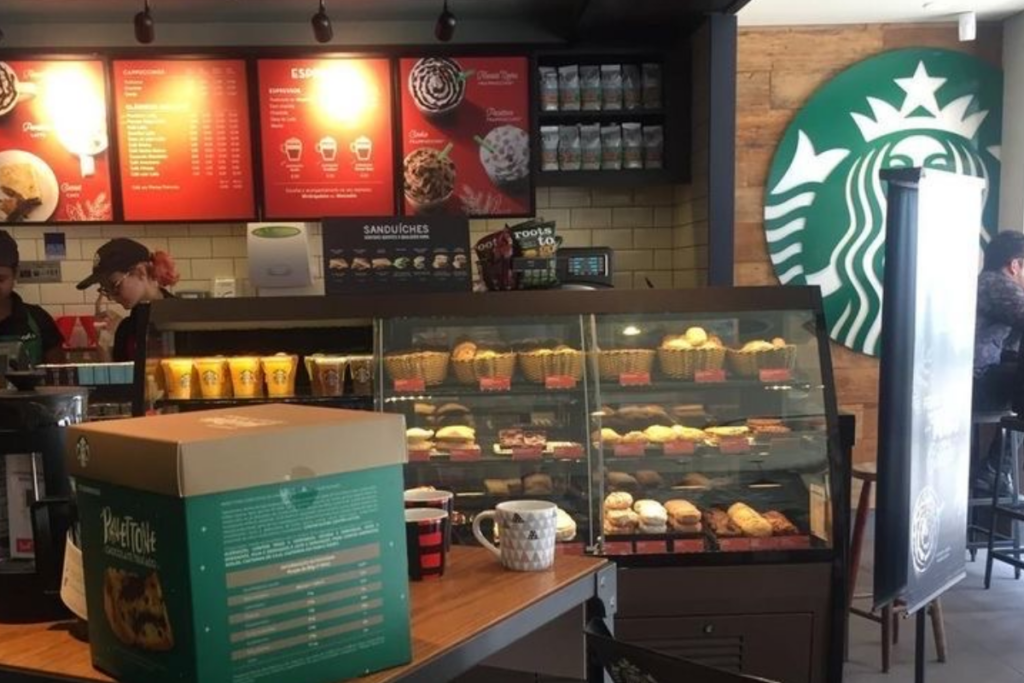
According to the company, one reason for the decline in the sale of their product is the increase in the minimum wage of their staff. Because of certain places like California, where the minimum wage is now $20, the company’s production cost has to increase, which will affect the prices of their products. When the price is too high for certain consumers, they might choose to go elsewhere. Global events like the COVID-19 pandemic also reduced store visits and caused supply chain problems.
Has Starbucks Revenue Dropped?
Yes, Starbucks’ revenue dropped in the first quarter of this year. Specifically, the company reported a 1 percent decline in revenue for the April to June 2024 period, during which they brought in $9.1 billion, which is slightly below what analysts had expected. The decline was mainly due to a reduction in consumer spending or weaker customer traffic in major countries like the U.S. and China.
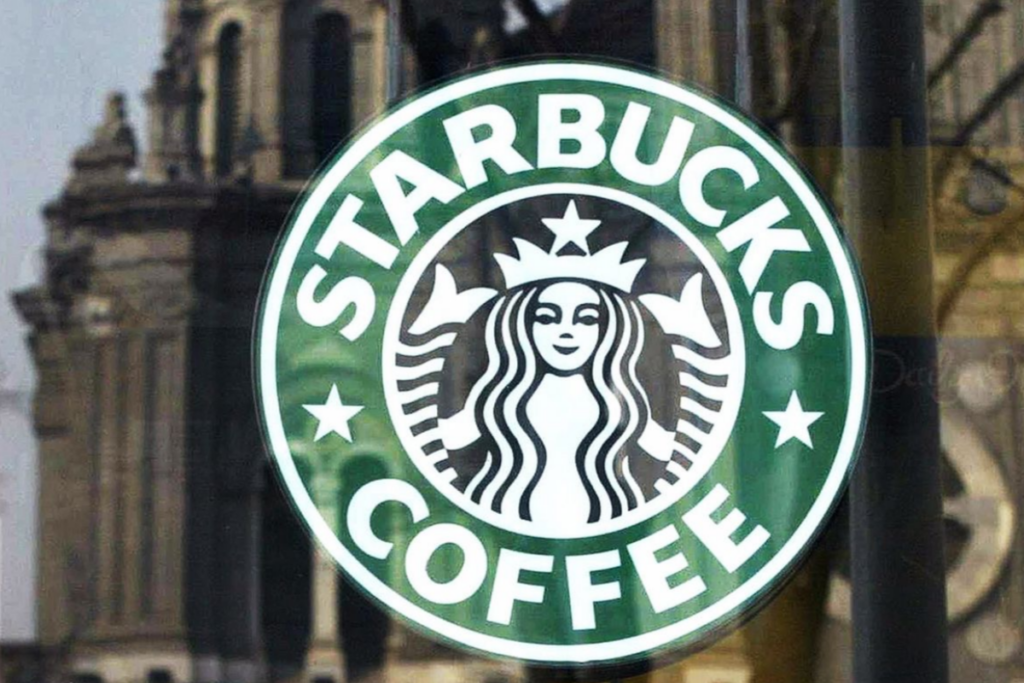
In the U.S., sales at stores that were open for at least a year dropped by 2 percent, while in China, where Starbucks faces intense competition from lower-priced rivals, sales plunged by 14 percent. However, despite this decline, the company remains positive about future prospects. It is making significant improvements in efficiency.
ALSO READ: Top Wall Street Analysts Are Optimistic About These Dividend Stocks
Why Is Starbucks in So Much Debt?
Starbucks has a lot of debt, mainly because it has been spending heavily to grow. The company was spending a lot on opening new stores and improving its operations. It also borrows money to buy back its own shares and pay dividends to shareholders.
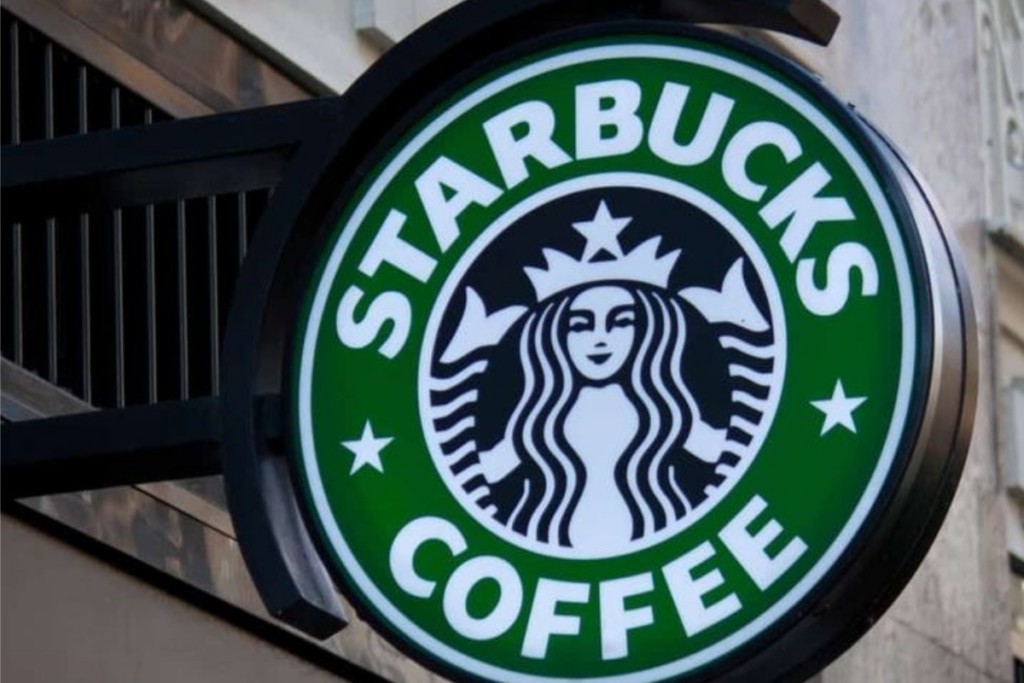
The company uses debt as a cheaper way to raise money without having to sell more stocks. The COVID-19 pandemic had a significant impact on Starbucks. It led to temporary store closures and reduced customer traffic. To navigate these challenges, Starbucks may have relied on more debt to maintain liquidity and continue operations.
What Are the Problems Facing Starbucks?
Presently, Starbucks is dealing with several issues that are affecting its business. Due to inflation, the company’s cost of production is high. Increasing costs for things like ingredients, labor, and rent are reducing the company’s profits. The economic problems affect not only Starbucks but also customer spending.
Starbucks is also facing labor disputes, which are increasing costs and impacting employee morale. Employees want their wages to be increased due to economic conditions. Supply chain disruptions are another problem, as they affect the availability and price of coffee beans and other materials needed for their products.
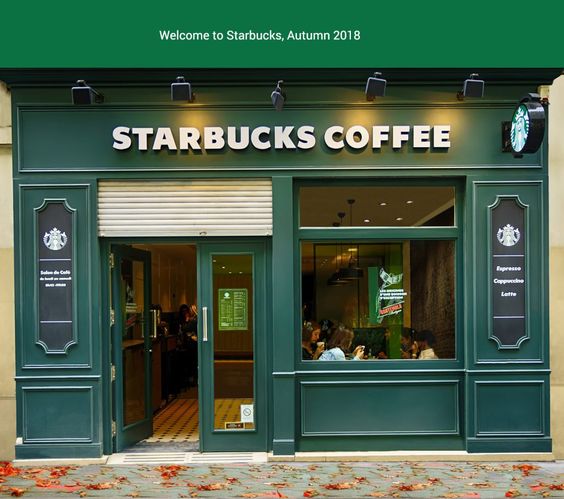
The coffee market is also very competitive, and many other businesses are offering similar drinks, sometimes at lower prices. There is also the issue of changing consumer preferences, such as a growing interest in healthier options, which can also affect sales of traditional coffee and sugary beverages.
You Might Also Like:
Warren Buffett’s T-Bill Holdings Surpass Those of the Federal Reserve
Five Secrets Behind Ferrari’s Success as a Luxury Brand
Zeekr, Chinese EV Maker, Claims Its New Battery Outpaces Tesla in Charging Speed
Delta Airlines Report $380 Million Revenue Loss Due to Chaos Following CrowdStrike Outage
People Flee New Zealand in Record Numbers as Economic Challenges Intensify

